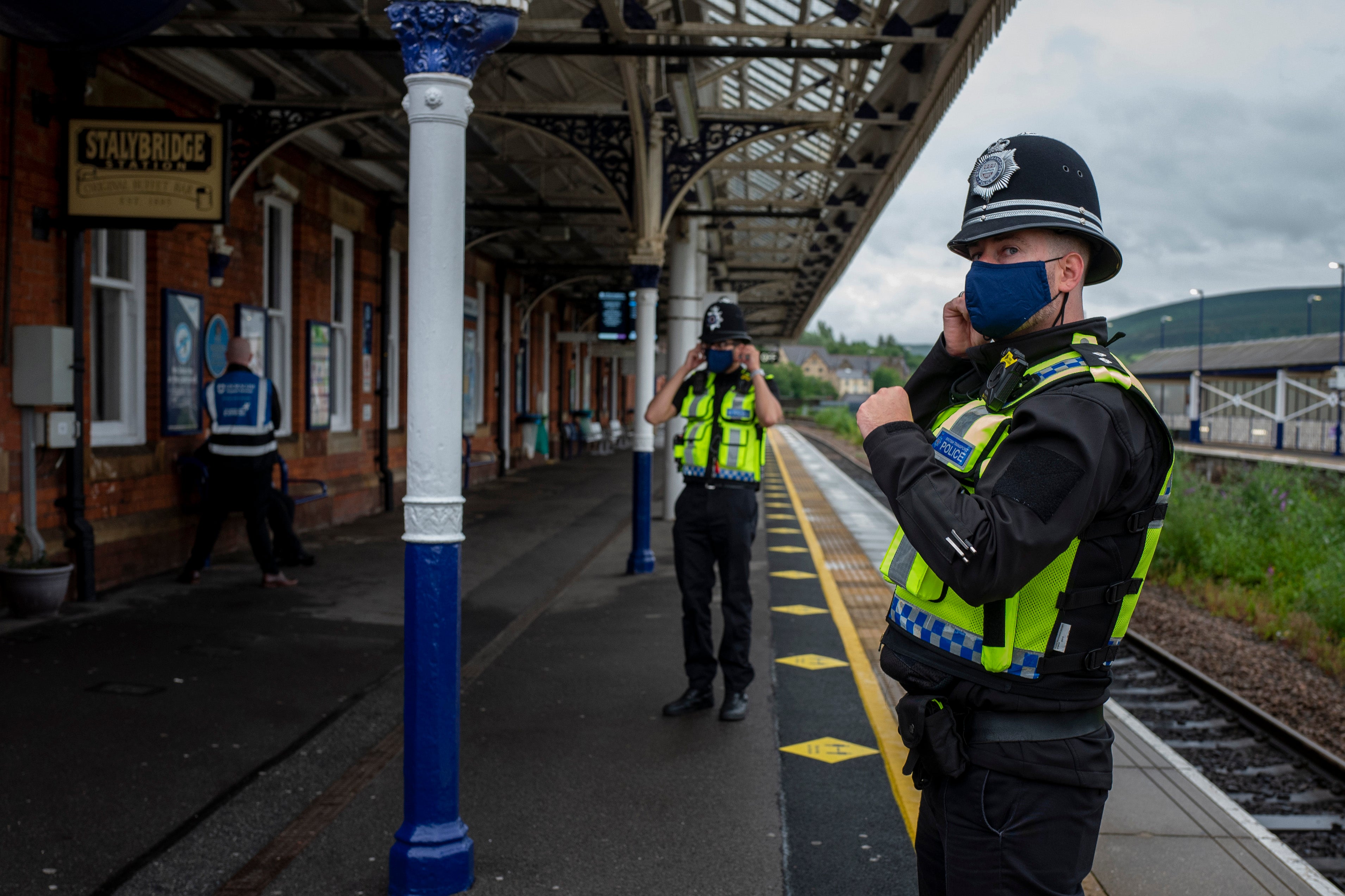Your support helps us to tell the story
From reproductive rights to climate change to Big Tech, The Independent is on the ground when the story is developing. Whether it's investigating the financials of Elon Musk's pro-Trump PAC or producing our latest documentary, 'The A Word', which shines a light on the American women fighting for reproductive rights, we know how important it is to parse out the facts from the messaging.
At such a critical moment in US history, we need reporters on the ground. Your donation allows us to keep sending journalists to speak to both sides of the story.
The Independent is trusted by Americans across the entire political spectrum. And unlike many other quality news outlets, we choose not to lock Americans out of our reporting and analysis with paywalls. We believe quality journalism should be available to everyone, paid for by those who can afford it.
Your support makes all the difference.People should “absolutely” consider reporting their neighbours to the police if they see them breaking new coronavirus restrictions, a Home Office minister has said.
Kit Malthouse said people could ring the non-emergency phone number if they suspected a gathering of more than six people, as new restrictions come into force in England.
From Monday, any social gathering of more than six people is against the law; fines of up to £3,200 can be levied on anyone breaking the rule, which applies both indoors and outdoors.
“We are in discussions about what reporting mechanisms there might be, but there is obviously the non-emergency number that people can ring and report issues they wish to,” Mr Malthouse said.
Asked whether people should report their neighbours, he said: “It is open to neighbours to do exactly that through the non-emergency number, and if they are concerned and they do see that kind of thing, then absolutely they should think about it.”
National Police Chiefs’ Council (NPCC) chairman Martin Hewitt denied that enforcement of the new rule relied on people “snitching” or “grassing” on their friends and neighbours.
“I think what it relies on is all of us being responsible,” he told BBC Breakfast.
“We all have a responsibility to do what we can do, to take the steps that are required to stop the transmission and to abide by regulations so we can prevent this disease moving further through the country.”
The new regulations were published late on Sunday night, about 20 minutes before they were due to come into effect – leaving essentially no time for scrutiny.
Deputy Assistant Commissioner Matt Twist, who leads the Metropolitan Police’s response to coronavirus, said that where “people just won't listen” the force would “absolutely” take enforcement action.
Home Secretary Priti Patel said the recent rise in cases “makes it clear that more needs to be done to stop the spread of this disease”.
But police have previously warned that they might not have the capacity to enforce restrictions and that public reports may be less than helpful.
Brian Booth, chair of the West Yorkshire Police Federation, told The Independent that officers “simply can’t enforce” the new restrictions as crime returns to pre-lockdown levels.
“We just don’t have the resources, the world has woken up again and it’s busy,” he added.
“We’re back to dealing with threat, risk and harm – domestics, assaults, missing people, mental health incidents, road accidents and everything that comes under normal policing.
“Resources are outstripped with that demand, never mind adding on Mrs Miggins reporting that seven people are having a barbecue next door.”


Join our commenting forum
Join thought-provoking conversations, follow other Independent readers and see their replies
Comments